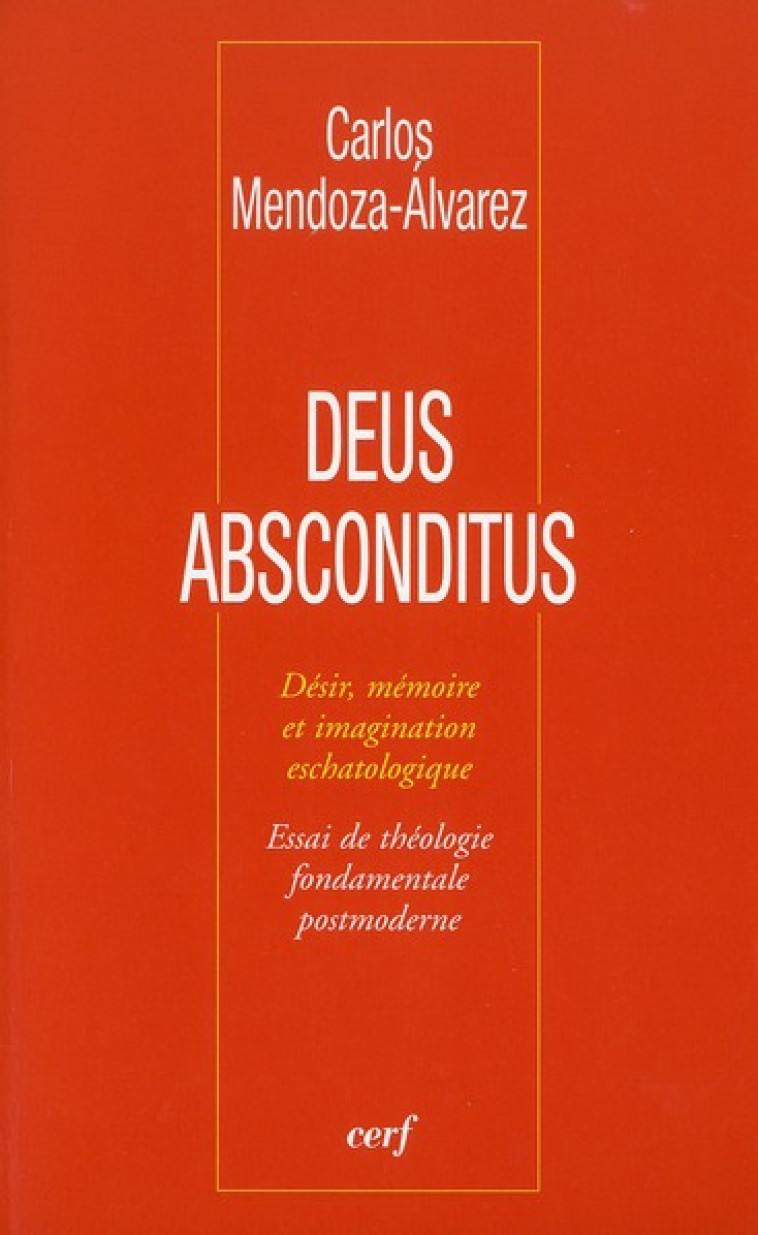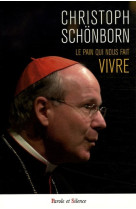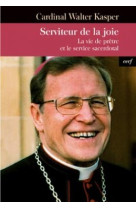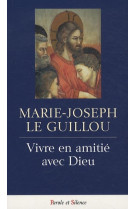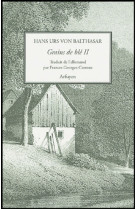--
In the tradition of authors who strive to understand the relevance of faith in the context of the crisis of modernity, Carlos Mendoza-Álvarez presents a novel interpretation fit to counter the aporias of the two main currents of fundamental postmodern theology, namely: postmodern nihilism and the return to basics. This book provides a fundamental theology that stems from a dialogue with late modernity, which is receptive to questions specifically concerning the vulnerable subject and its disconcerting mystical and ethical quest. Open to those current debates that are so characteristic of instrumental modernity in crisis, the author advances an interpretation of postmodern subjectivity through the trilogy of desire, memory and eschatological imagination. So, at the heart of the crisis of the Cartesian subject, emerges the possibility of expressing God differently. These pages invite us on a quest to discover the human condition under the sign of giving and gratuity as a possible experience of the mystery of that boundless, unconditional Love which reveals itself as a source of life and compassion.

